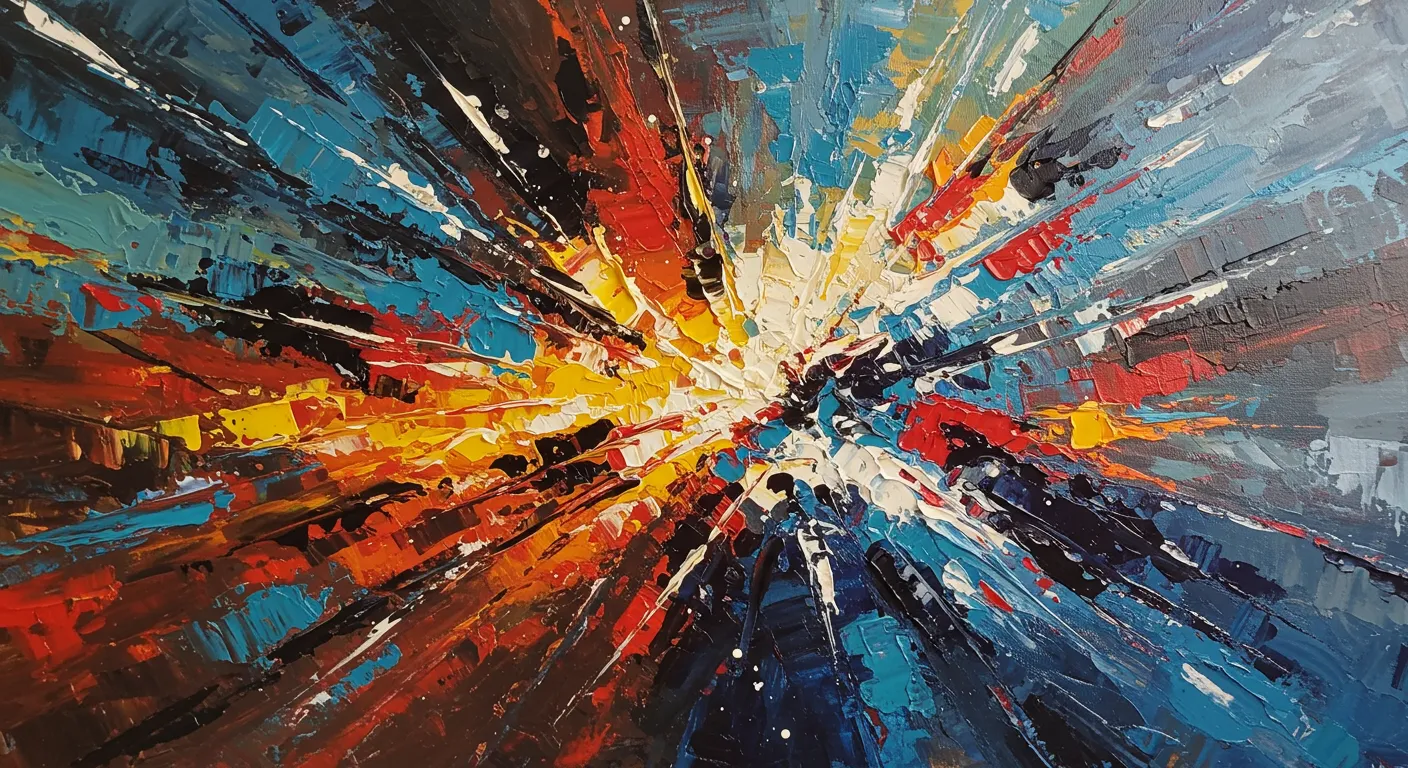The world of storytelling is undergoing a fascinating transformation, with novelists and video game writers increasingly crossing professional boundaries. Online commentators have been passionately debating the merits of narrative in interactive media, revealing a complex landscape where artistic expression meets commercial opportunity.
Some writers see video games as a lucrative alternative to traditional publishing, noting that game development can actually provide more stable income. Authors like Peter Watts have already made the leap, finding that video game writing can quite literally pay the rent – a stark contrast to the often precarious novelist's career.
The discussion isn't just about money, though. Many online commentators argue that video games offer unique storytelling opportunities. Examples like Disco Elysium, with over a million words of writing, demonstrate that games can be as narratively rich as any novel. Some titles, like the Mass Effect series, have become renowned for creating immersive worlds that players deeply care about.
Not everyone is convinced. Some gamers prefer gameplay over narrative, arguing that cut scenes and long dialogues can interrupt the interactive experience. This tension reflects a broader debate about the artistic legitimacy of video game storytelling – a conversation reminiscent of how film was once viewed as a lesser art form.
Ultimately, the crossover between novels and video games represents more than just a career pivot. It's a creative evolution, where storytellers are finding new mediums to explore complex narratives, challenging traditional boundaries of storytelling and expanding the definition of what it means to be a writer in the digital age.


